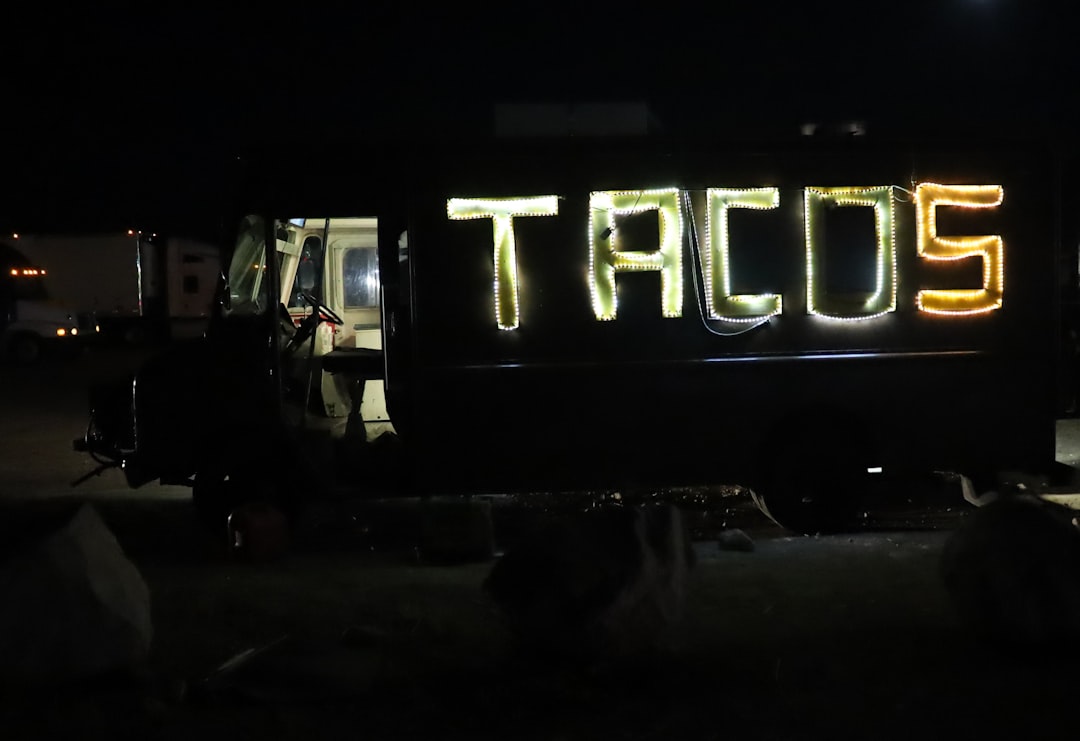In Nevada, strict laws protect residents from unwanted autodialer calls (robocalls) used for marketing or debt collection. If you've received a robocall without consent, you may have legal options including suing under the Telephone Consumer Protection Act (TCPA). Consulting with a specialized Can I Sue For Robocalls Lawyer Nevada is recommended to understand your rights and explore actions like litigation with help from reputable robocall law firms Nevada.
In Nevada, autodialed phone calls without prior permission are not only intrusive but also illegal under the state’s strict robocall regulations. This comprehensive guide navigates your legal rights and options against unwanted automated calls, empowering you to take action. If you’ve received a robocall in Nevada, understanding when—and how—to sue is crucial. We explore what constitutes an unwanted call, common defenses, and effective strategies to stop them. For expert assistance, connect with a specialized robocall law firm or attorney in Nevada to protect your rights.
- Understanding Nevada's Robocall Laws and Regulations
- What Constitutes an Unwanted Autodialer Call?
- The Legal Rights of Nevada Residents Against Robocalls
- When Can You Sue for Robocalls in Nevada?
- Choosing the Right Robocall Lawyer or Law Firm in Nevada
- Steps to Take If You've Received a Robocall Without Permission
- Common Defenses Against Robocall Lawsuit Claims
- Effective Strategies to Stop Unwanted Autodialer Calls
Understanding Nevada's Robocall Laws and Regulations
In Nevada, the use of autodialers for marketing purposes is heavily regulated to protect residents from unsolicited and intrusive phone calls, commonly known as robocalls. The state’s robocall laws are designed to give consumers control over their communication preferences and ensure that businesses operate ethically. Under Nevada law, companies must obtain explicit consent before using automated dialing systems to contact individuals for telemarketing or marketing purposes. This means that if you’ve received a robocall without your prior permission, you have legal recourse.
If you’re considering taking action against a company that has violated these regulations, it’s advisable to consult with a lawyer specializing in robocall cases in Nevada. A qualified attorney can guide you through the process of understanding your rights and pursuing legal options, including potential litigation. There are reputable robocall law firms and robocall lawyers in Nevada who can represent you if you’ve been harmed by unauthorized autodialed calls. Don’t hesitate to reach out for assistance; many of these attorneys offer free consultations to discuss your situation and determine the best course of action, especially when exploring options like suing for robocalls.
What Constitutes an Unwanted Autodialer Call?
An unwanted autodialer call, often referred to as a “robocall,” is one initiated without the recipient’s prior consent or express permission. In Nevada, as in many states, there are strict regulations in place to protect consumers from these intrusive and often disruptive calls. The law considers any automated or pre-recorded message delivered to a telephone line as a robocall, even if the caller ID displays a local number.
These calls can include marketing messages, political campaigns, or debt collection attempts. If you’ve received such calls and feel your rights have been violated, consulting with a robocall lawyer Nevada or robocall attorneys Nevada is advisable. Legal experts specializing in this field, part of robocall law firms Nevada, can guide you on the best course of action, including the potential for legal recourse under state and federal laws, such as the Telephone Consumer Protection Act (TCPA).
The Legal Rights of Nevada Residents Against Robocalls
In Nevada, as in many other states, residents have legal rights and protections against unwanted robocalls. If you’ve received a phone call from an autodialer or prerecorded message without your explicit consent, you may have grounds to take action. According to the Telephone Consumer Protection Act (TCPA), it’s illegal for businesses to make automated calls using an artificial or prerecorded voice to any telephone number assigned to a cellular telephone service unless they have prior express written consent from the caller. This means that if a company or individual uses an autodialer to contact you without your permission, you can take legal action.
If you’re tired of receiving robocalls and want to explore your options, it’s advisable to consult with a lawyer specializing in robocall cases in Nevada. A qualified robocall attorney or law firm in Nevada can help you understand your rights, assess whether you have a valid claim, and guide you through the legal process if you decide to sue for robocalls. Don’t hesitate to reach out to a lawyer for robocall in Nevada to protect your rights and put an end to unwanted automated calls.
When Can You Sue for Robocalls in Nevada?
In Nevada, the ability to sue for robocalls is governed by state and federal laws designed to protect consumers from unwanted and deceptive telemarketing practices. You may have grounds to take legal action if you’ve received a robocall in violation of these laws. According to the Telephone Consumer Protection Act (TCPA), businesses are prohibited from making automated or prerecorded calls to consumers without their prior express consent. If you can demonstrate that such a call was placed to you without your permission, you could be entitled to damages, including treble damages in some cases.
To determine if you can sue for robocalls, consult with an experienced lawyer in Nevada who specializes in telemarketing law. A robust robocall law firm or attorney in Nevada will help assess the specifics of your case, review relevant laws, and guide you through the process. They’ll ensure that all necessary steps are taken to preserve evidence, file a claim within the legal time frame, and maximize your potential compensation if successful.
Choosing the Right Robocall Lawyer or Law Firm in Nevada
When dealing with unauthorized autodialer calls in Nevada, finding the right legal representation is a crucial step. Many individuals wonder, “Can I sue for robocalls?” If you’re considering taking legal action against unwanted automated phone calls, it’s essential to consult a lawyer specialized in this area. Look for a robocall law firm Nevada with a proven track record of handling such cases and an understanding of the state’s laws regarding express consent requirements.
Choosing the right robocall lawyers Nevada involves assessing their expertise, client reviews, and success rates. Ensure they have experience navigating the nuances of telemarketing laws in Nevada. The ability to provide personalized guidance and a strong track record of resolving robocall-related disputes are key indicators of a competent attorney or law firm. Contacting potential robocall attorneys Nevada for initial consultations is recommended to determine their suitability for your case.
Steps to Take If You've Received a Robocall Without Permission
If you’ve received an unwanted autodialed call in Nevada without your explicit consent, there are several steps you can take to protect your rights. Firstly, document the incident by noting the caller’s phone number, the date and time of the call, and any specific details about the message or advertisement they left. This information will be crucial if you decide to take legal action.
Next, consider blocking the caller. Most smartphones have built-in call blocking features that can prevent these automated calls from reaching your line. You can also consult with a robocall law firm Nevada or an attorney for robocall Nevada to understand your legal options. They might advise you on whether you can sue for robocalls, and guide you through the process of filing a complaint with relevant authorities or seeking damages if justified by state laws, such as those governing telemarketing practices in Nevada. Remember, knowing your rights is half the battle, and taking proactive measures can help deter future unwanted calls.
Common Defenses Against Robocall Lawsuit Claims
If you’ve received unwanted automated phone calls, or “robocalls,” in Nevada, you may be wondering if you have legal recourse and can sue for robocalls. In Nevada, as in many other states, there are strict regulations against unsolicited robocalls, primarily to protect consumers from nuisance and fraud. Common defenses against robocall lawsuit claims often revolve around proving that the calls were not only automated but also made with express permission or for a legitimate purpose.
If you can demonstrate that the caller did not obtain your prior consent or that the call was part of a legal and permitted communication (e.g., a call from a known organization, a survey, or a callback related to an existing transaction), you may have a stronger case against the robocaller. Engaging with a reputable robocall law firm Nevada or robocall lawyers Nevada can help navigate these complexities and guide you on whether you can pursue legal action, including suing for robocalls, based on your specific situation.
Effective Strategies to Stop Unwanted Autodialer Calls
Many people in Nevada find themselves on the receiving end of unwanted autodialer calls, also known as robocalls. These automated messages can be intrusive and disruptive, leaving recipients with a legitimate desire to stop them. While blocking numbers is a common first step, it’s not always effective against dedicated autodialers. Fortunately, there are several robust strategies available to fight back.
One powerful option is to consult with a Can I Sue For Robocalls Lawyer Nevada or robocall attorneys Nevada. Legal action can be taken against these persistent callers, and experts in this field can guide you through the process. A robocall law firm Nevada or robocall lawyers Nevada can help you understand your rights under state and federal laws and pursue compensation or an injunction to stop the calls. Additionally, reporting these incidents to regulatory bodies like the Federal Communications Commission (FCC) is crucial in combating robocallers. By combining legal measures with official complaints, individuals can significantly reduce the volume of unwanted autodialer calls they receive.






